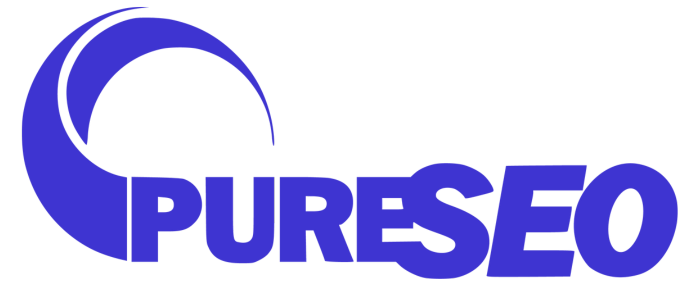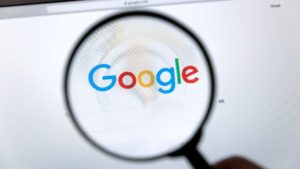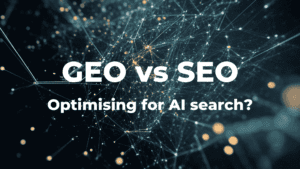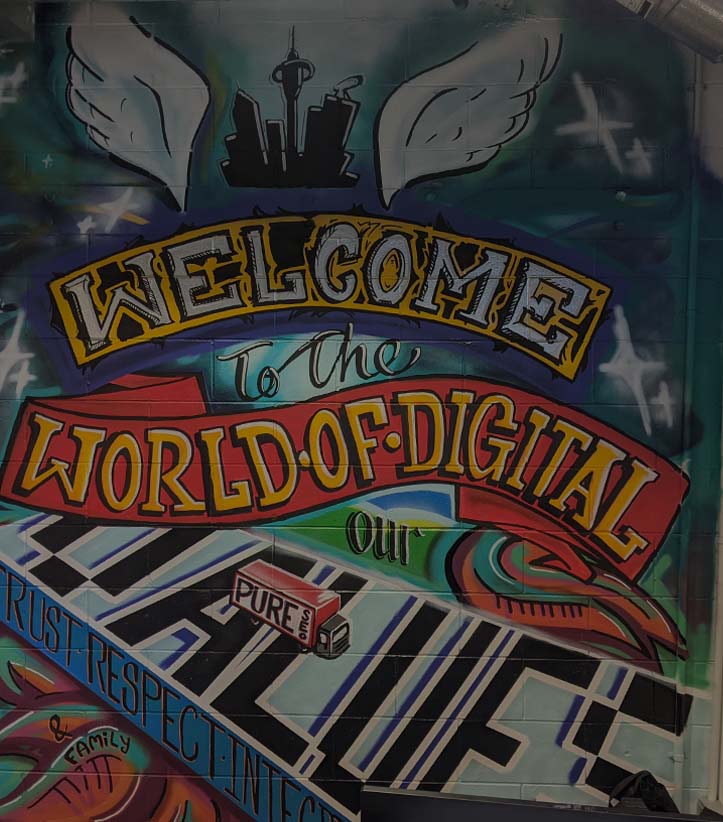
After decades of sharing user-driven content, the exploration of web 2.0 has peaked. Today, information about web3 (web 3.0, the semantic web) is becoming increasingly popular, especially in its potential concerning virtual realities, cryptocurrencies, and NFTs. Considering the future of online marketing, it looks like web 3.0 will be entering the digital world and our lives sooner than anticipated. Search engine marketing in NZ has helped small businesses appear in front of the appropriate audiences, so what will web 3.0 mean for SEO?
This blog post explores the future of search engine optimisation in the new age of the internet. We discuss the possible impact—positive and negative—and what we can expect for the future of both large and small business SEO work.
What Is Web 3.0?
Web 3.0 is based on blockchain technology as a decentralised iteration of the web. By running on blockchain technology, web3 allows for high security and direct ownership access.
With web 2.0, while user-created content fuels the internet, those who create it receive no authority or control. The idea behind web 3.0 is to provide users equal access while removing the ‘gatekeepers’, i.e., those currently holding power; big tech companies, search engines, and social media platforms.
Web3 puts trust and ownership at the forefront, allowing for:
- Peer-to-peer connectivity
- Open access to stored data
- Access to content with no permissions required
As we become more protected online, there is hope that privacy breaches and data collection will also significantly decrease.
The idea of web3 is to eliminate the middleman (faceless organisations) and create an accessible online world where personal privacy and information are protected.
Currently, putting our information online requires trusting large businesses and organisations. Web 2.0 requires high levels of trust in our government, banks, and other companies behind our favourite applications.
How Will Web3 Affect Companies?
Bloomberg Opinions draws attention to the potential threat our internet evolution will have on the most prominent companies online: Google and Meta (formerly Facebook). Both businesses use an ad-based business model to generate most of their revenue.
Facebook has reigned as the leading social media platform for over a decade; however, times are beginning to change as Meta reported a drop in daily active users for the first time in its 18-year lifespan. Meta stock prices dropped by 20% following the news.
As privacy increasingly becomes a priority for individual users, larger businesses may have to develop fresh business models to survive this new iteration of the web. There is more hope for companies like Amazon that have worked to create a diverse revenue model, allowing space for themselves and similar companies to dominate.
How Will Web 3.0 Impact SEO?
Some believe Web3 will go down in history as SEO’s official cause of death, but this is far-fetched. While NFTs, metaverses, and the crypto-craze are attracting the most attention online, they are not the core of web3. These are just some of the many ways blockchain technology is utilised.
Ultimately, the internet will still be a place where information is king. As long as search engines operate and people require information online, SEO will remain.
The most likely case is that SEO will take on a different form; the same superhero in a fresh costume. As long as people use the internet to search, businesses will look for ways to show up in the results. Therefore, as the tools we use to navigate the web evolve, so will SEO best practices.
Voice Search
Regarding the future of search engine optimisation in web3, SEO best practices will focus more on aligning business content with voice search. This means prioritising long-tail keywords. For example, those looking to learn more about SEO in web 3.0 would type something along the lines of ‘web 3 SEO’ into the search bar. With voice search, user intent is often more precise; you’d be more likely to say, “Okay, Google, tell me how SEO will work with web 3”. This fine-tuning around search intent will allow for an extremely personalised web experience.
Additionally, as people develop a search preference (type, voice), we will see a rise in multimedia approaches to search engine optimisation. There will be an even greater focus on personalisation and content creation to target specific users. We’ll likely see fewer search results featuring “Best NZ Digital Marketing Company” and more featuring natural, conversational language like “The best digital marketing company in New Zealand”. Understanding user intent and context will be essential to provide quick, accurate, and personalised results.
Drawbacks of Web 3.0
Of course, with all new technology comes drawbacks, possible risks, and fear for the future. The primary drawback of web 3.0 is accessibility. New devices are costly, and older devices will eventually become obsolete as they won’t have access to the latest incarnation of the internet.
Furthermore, although the idea of this next phase is decentralisation, this is not a guarantee. And even if it is a decentralised platform, this will make regulating and moderating illegal activity incredibly difficult. Hence, many grey areas are still yet to be addressed.
Former CEO of Twitter, Jack Dorsey, expressed his doubt about the decentralisation of web3. Dorsey recently announced the development of his web5 project (skipping web3 and 4 entirely); he argues that control will likely remain centralised to large companies and organisations with financial backing.
Many concerns surrounding privacy and online safety also exist as we allow ourselves to integrate further with the technology around us. Though there are many benefits to storing data using blockchain technology, accessible, decentralised information may increase the risk of cybersecurity breaches.
The evolution of the internet will likely resemble the wild west as we continue navigating the new, unchartered waters of web3 and beyond. Wider access to information means a higher risk to our privacy, and protecting our personal information may be more challenging.
The idea of easily shared and accessible information is a driving factor for web3’s development. However, this factor is also a cause for concern. As the internet begins to take a new form, it will be unpredictable. Likely, the biggest drawback initially will be navigating the web and all the possibilities this iteration of the internet offers.
Preparing for the Future
All we can do to prepare for web3 is keep our eyes on it. These new changes are strange, but they have the potential to streamline the way users and businesses interact with search.
As we broaden our understanding of this complex topic, we will discover new ways of optimising for whatever the internet throws our way. Web 3.0 is still a few years away, but organisations must prepare and understand how web3 will impact their business.

















